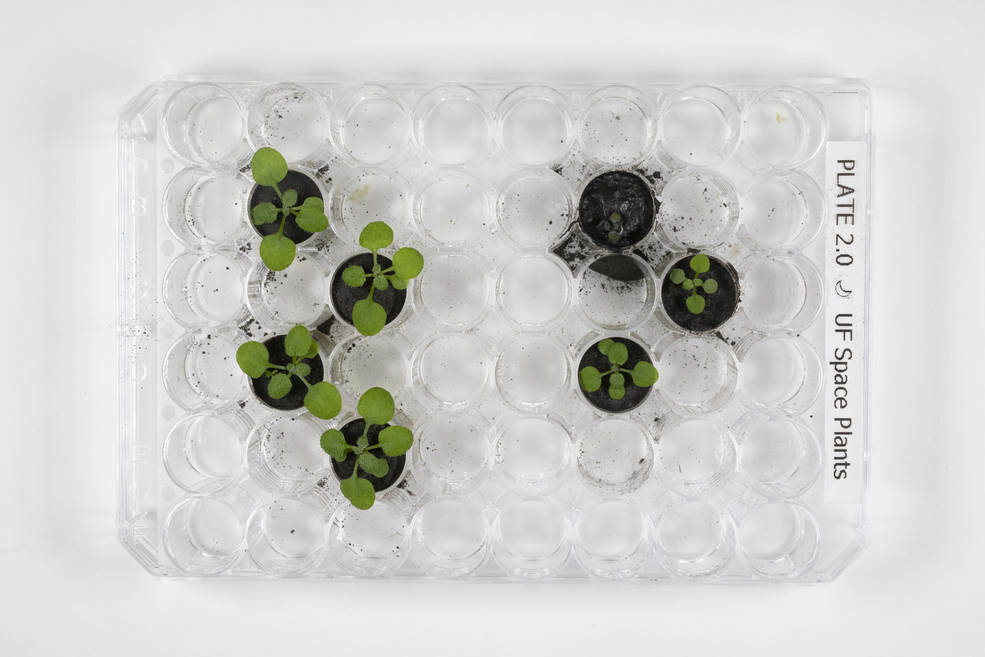Scientists develop a treatment to tackle the root cause of asthma.
Asthma attacks can be fatal, but most people can manage their condition with inhaled relievers and corticosteroid drugs to avoid serious illness or death.
Triggered by airborne allergens, such as pollen, dust mites, or pet dander, asthma can constrict the airways, cause breathing difficulties, and trigger coughing and shortness of breath.
Current treatments provide short-term relief from these symptoms. But no drug is available to offer a longer-lasting treatment by addressing the structural changes asthma makes to the airway and lungs.
Now, a team of researchers from Aston University and Imperial College London has come up with a possible way to tackle one of the underlying causes of asthma.
Researchers worked on a type of stem cell known as a pericyte, mainly found in the lining of blood vessels. When asthmatics have an allergic and inflammatory reaction, this triggers pericytes to migrate to the airway walls. Once there, they begin to develop into other cells that make the airways thicker and less flexible.
This migration of the pericytes to the airway walls is triggered by a protein known as CXCL12. In tests, researchers used a molecule called LIT-927 in mice’s nasal passages to block the signal from this protein to block this movement.
Post-treatment, asthmatic mice had a reduction in symptoms within one week. Their symptoms virtually disappeared within two weeks, the airway walls in mice also returned to near normal.







